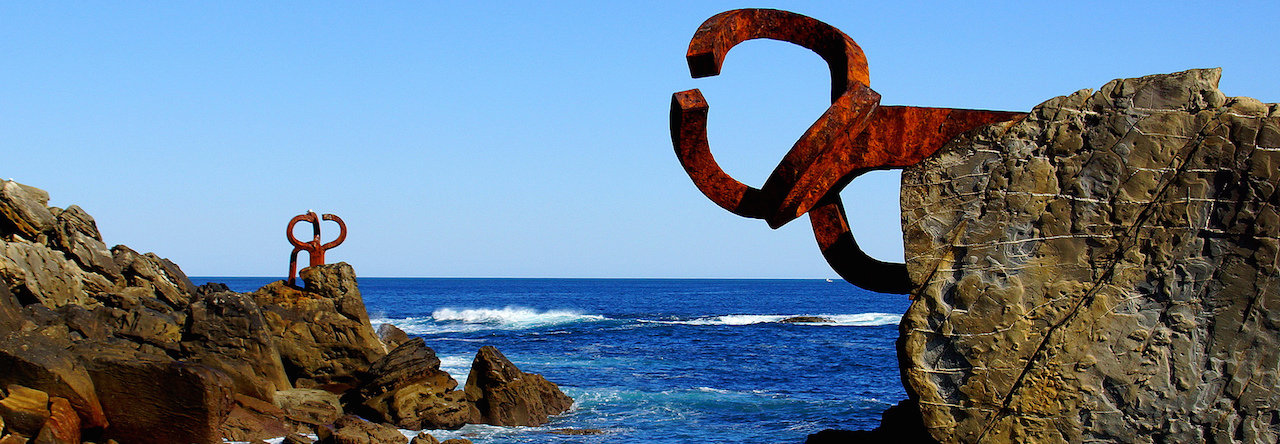Every country is very busy triying to cope with its economic and financial difficulties. For this reason, there are issues that have lost their prominent position in the political agenda. It seems to be the case of the European Union project, which is living in a nightmare from the last three years, when some countries rejected the Constitution.
 But despite big problems, before the crisis everybody agreed that the EU was an outstanding model of economic development and transnational cooperation. In fact, with the exception except those countries that wanted to live isolated, the waiting list to become a member of the Big Europe was very long. Even we can remember the discussions over the integration of Turkey. What happened? That Europe only exists for the Eurocrats. The European project is not leading any great economic transformation and does not play any role as a superpower. And in the middle of the crisis, several countries think seriously on the utility of being a member of the EU.
But despite big problems, before the crisis everybody agreed that the EU was an outstanding model of economic development and transnational cooperation. In fact, with the exception except those countries that wanted to live isolated, the waiting list to become a member of the Big Europe was very long. Even we can remember the discussions over the integration of Turkey. What happened? That Europe only exists for the Eurocrats. The European project is not leading any great economic transformation and does not play any role as a superpower. And in the middle of the crisis, several countries think seriously on the utility of being a member of the EU.
This happens to a majority of the new members of the European countries, the Central and East nations which have been integrated recently. A brief from the Centre for European Reform has analysed the question and offers worrying conclusions. “The EU’s new member-states have been hit hard by the credit crunch and collapsing export markets. The Central and East Europeans sense that their post-Cold War growth model – consisting of liberalisation and EU integration – is broken”.
In New Europe and the Economic crisis this think tank considers that the integration has left those countries in a poor situation and that the EU authorities do not have credibility to helping in the recovery. The revival of the State economy is contrary to the principles proposed by the Lisbon Agenda. This strategy is oriented to “liberalise and modernize economies”, but now governments are struggling to maintain their statu quo. “The legal framework for the single market is under threat of being weakened”. According to the report, Eastern countries need more support from the big Western European nations and feel “they do not pay sufficient attention to their concerns, for example about Russian bullying of neighbouring states or the costs of meeting EU climate change targets in poorer countries”.
What does it mean? Disenchantment on the European dream is extending. Several political leaders in East and Central Europe are returning to isolation and reject the growth model they have followed sin the 1990’s. This situation adds more argument to euroskeptics who defend that the EU is only an artificial entity created by enlightened politicians who were afraid of a third World War. As political stability is grounding in the old continent, may be we will not need the EU anymore.
